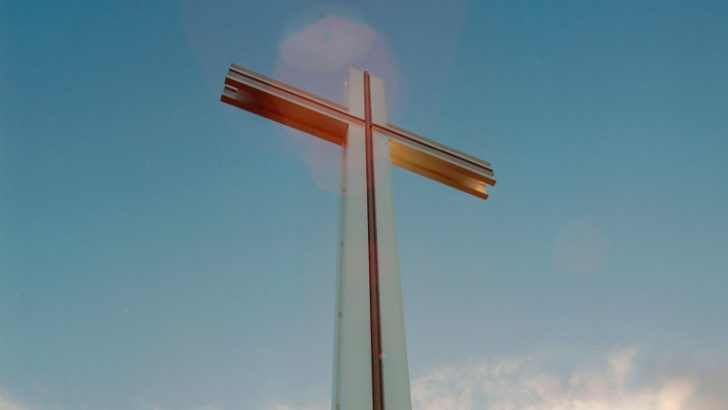A man recently came up to me after an event in which I was participating in a neighbouring parish to his own. A hugely-committed man with a background in accounting, he recounted to me his not-so-happy brief membership of the finance council of his own parish.
He had been approached to join the council by his parish priest and readily accepted with a desire to serve the local Faith community.
Interestingly, Church law requires every parish to have a finance council whereas a parish pastoral council is optional, such is the weight to which the Church rightly gives to good stewardship of parish resources.
The man told me of the infrequent and hastily-arranged meetings of the council with very scant detail about the actual finances of the parish. Such was the vagueness of the reports presented that he told me it was impossible to make head of tail of exactly what was going on.
When he raised his concerns with the parish priest about the need to know exactly what the financial position is, the parish priest reportedly replied “why do you need to know?” The man didn’t for one second suspect that there was anything untoward with the finances, but merely a stubborn resistance to appropriate accountability and transparency on the part of the priest in question.
Transparency
Shortly after this, the gentleman – like many others before him in many parishes – quietly left the committee. While many parishes – and indeed dioceses – do provide very detailed and transparent accounts and financial reports, this man’s experience is surely not an isolated case.
The truth is that the cover-up of abuse is hardly the only example of the abuse of secrecy in the Church.
Russell Shaw is an American Catholic journalist who has written extensively on this subject and he notes that a kind of inverted logic often enters into the discussion of these questions in Catholicism. The Church is a communion, not a political democracy, it is said; therefore, openness and accountability do not count for much in the Church. But, Dr Shaw insists, the argument should actually go the other way around: The Church is a communion, not a political democracy; therefore, openness and accountability to the members who are co-responsible for the Body of Christ are even more important in the Church than they are in a democracy.
It’s a convincing argument but one that too often gets short shrift in the Church. Take Ireland, for example, where recent years have seen vast swathes of property in parochial and religious stewardship disposed of. More often than not, questions to the religious congregations involved about what the proceeds will be used for – even from the Catholic media – are deflected and referred instead to spin doctors.
Much in the way that bishops and religious superiors of the past relied on the advice of lawyers in dealing with abuse allegations, public relations firms are now often the gatekeeper between people raised up to govern the Church and the People of God.
Often, where congregations and orders are selling property it is often accompanied by vague talk about preparing for a lay-led future or embracing a new model of co-responsibility within the Church. Fine words, but when those in leadership are asked to put flesh on these bones the shutters come down and queries are again referred to the PR-men.
The sad irony is that many of those in leadership who turn to the experts rather than the people, verbalise great values about lay participation in the Church. But the fine words are sometimes not followed by actions.
Assets
Is it the reality that they’re just shutting up shop and making the most of assets while they can? If so, they should say so. Many of the congregations and orders have sick and elderly members who need to be looked after, which is no easy – or cheap – task.
But, if they’re serious about a Church that is the pilgrim people of God walking together, they shouldn’t be afraid to say this and should set aside the spin and talk openly and honestly about the future.
People in leadership in the Church should learn the lesson of the past that hiding behind advisers had disastrous consequences for the Church’s credibility and moral authority. Openness, transparency and accountability are what Catholics expect from the Church. We live in a much more participatory society where people are not content to pray, pay and obey. Silence and obfuscation only wound our communion and damage our common witness to the Gospel.
Michael Kelly is co-author of a new book with Austen Ivereigh How to Defend the Faith – Without Raising Your Voice – it is available from Columba Books.


 Michael Kelly
Michael Kelly